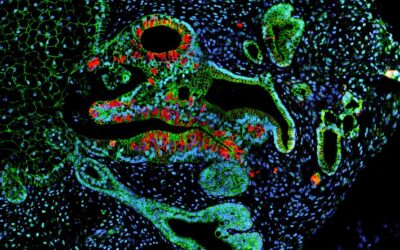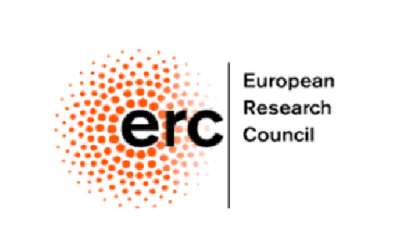Empower research teams with bioinformatics capabilities
Leverage our experience and platform to elevate the bioinformatics capabilities in your team and empower biologists with self-bioinformatics.
Unlock the full potential of your research team by building bioinformatics capabilities, leveraging Unicle’s experienced team and UniApp biomedical data analysis platform.
Key benefits
Increased efficiency
Enable researchers to perform their own analyses, reducing delays and accelerating the research process
Enhanced productivity
Allow bioinformaticians to focus on complex questions, improving the overall quality and depth of the research
Empowered researchers
Equip your team with the skills and tools to independently handle bioinformatics tasks, fostering a more self-sufficient research environment
User-friendly platform
UniApp provides an intuitive interface for performing a wide range of bioinformatics analyses, making it accessible to researchers with varying levels of experience
Ongoing support
Continuous access to expert support and resources ensures your team can confidently apply their new skills and knowledge
The challenge
Research teams have ambitious goals to accelerate their discoveries and innovations. To achieve these goals, it’s essential for researchers to efficiently handle bioinformatics tasks. However, many teams rely heavily on bioinformaticians, even for routine analyses and minor edits. This slows down the process of scientific discoveries significantly. By empowering individual researchers with bioinformatics skills, teams can enhance their workflow, boost productivity and allow bioinformaticians to focus on more complex, high-impact questions.
Our solution
- Training and Workshops. We offer hands-on training sessions and workshops tailored to your team’s needs, ensuring that researchers gain the skills required to perform basic bioinformatics analyses independently.
- UniApp platform. Our user-friendly platform enables researchers to perform a wide range of bioinformatics analyses with ease. UniApp is designed to be intuitive, reducing the learning curve and allowing researchers to quickly adapt to performing their own analyses.
- Ongoing support. Our team provides continuous support and resources, ensuring that your researchers can confidently use the tools and techniques they’ve learned. We offer consultation services for more complex issues, ensuring that your bioinformaticians can focus on high-level questions.
Real-world example
An ambitious academic research lab aimed to accelerate their research by enhancing the bioinformatics skills of their team. Recognizing the potential to advance their projects more efficiently, they partnered with Unicle to implement a series of training workshops and adopt the UniApp biomedical data analysis platform.
Researchers quickly learned to handle basic bioinformatics tasks, such as differential expression analysis and pathway enrichment. This newfound capability allowed them to make immediate progress on their projects, driving innovation and discovery.
By reducing dependency on bioinformatics experts, the lab accelerated the dry-lab part of their papers by an estimated 5 months. This shift allowed researchers to focus more on gathering insights, rather than waiting for analyses or updates of visualizations to be performed by others or figuring out how to code themselves. Moreover, bioinformaticians in the team were able to concentrate on more complex analyses and strategic research questions, further advancing the lab’s scientific goals. This proactive approach not only accelerated the lab’s research timeline but also increased overall productivity and research output. The enhanced capabilities of the researchers contributed to the successful completion of several projects and subsequent grant applications.
Typical bioinformatic analyses
Typical analyses that researchers should be able to perform using UniApp, along with formatting outputs into publication-ready figures are:
Differential expression analysis
Analyze gene expression differences between experimental conditions
Generate volcano plots and heatmaps for visualization
Format results into publication-quality figures with customizable colors and annotations
Gene Set Enrichment Analysis (GSEA) / Pathway enrichment analysis
Evaluate whether a predefined set of genes shows statistically significant differences between experimental conditions
Identify biological pathways enriched with differentially expressed genes.
Visualize pathway networks and enrichment scores
Prepare pathway enrichment plots and diagrams suitable for publications
Data visualization and interactive exploration
Create interactive plots for exploring data distributions
Filter and sort data dynamically based on various criteria
Generate scatter plots, box plots, and bar charts with customizable axes and legends
Export plots in vector formats (e.g., SVG) for high-resolution publication figures
Clustering analysis
Perform clustering of samples or cells based on expression profiles
Visualize clustering results using PCA, t-SNE or UMAP plots
Format clustering plots with clear annotations and color schemes
Single-cell RNA-seq analysis
Perform dimensionality reduction (e.g., UMAP, t-SNE) for single-cell data
Cluster cells based on gene expression profiles
Visualize cell clusters and marker genes
Format single-cell analysis results into comprehensive figures for publication
Spatial transcriptomics analysis
Analyze spatial gene expression patterns within tissue sections
Visualize gene expression maps and spatial distribution patterns
Prepare spatial transcriptomics plots with annotated regions and gene expression levels
Gene-Gene interaction networks
Construct protein-protein interaction networks based on experimental data
Visualize networks using network diagrams
Format interaction network plots for publication
Customer stories
Find your path to accelerate biomedical data science via our data-driven solutions.
Data-driven development of a novel organoid differentiation protocol
Learn how Unicle’s clients leveraged single cell data to create a novel organoids differentiation protocol, leveraging bioinformatics services and UniApp platform
Successful ERC application with Unicle’s pre-submission grant review
Unicle assisted Dr. Kroon in securing an ERC grant by preparing a rebuttal and preliminary data. This led to successful funding and the adoption of UniApp for ongoing lab projects
Related pages
Our client stories
Learn how our clients -both academic and industry- leverage our services to rapidly unlock vast datasets to assess its value and potential
Learn more
Data visualizations
We leverage our UniApp platform to explore your data with interactive and easy customizable data output visualizations
Learn more
Data analysis
We assess your analysis quickly to uncover its strengths and weaknesses with the UniApp advanced analysis capabilities
Learn more
Proud to accelerate biomedical research at our clients
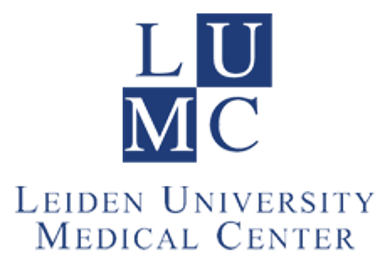

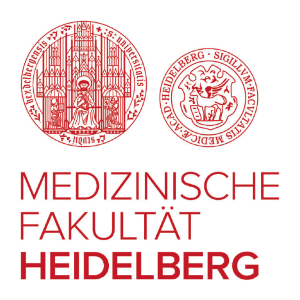
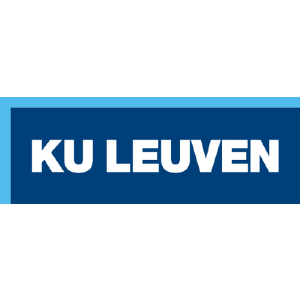
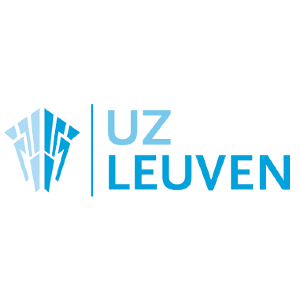

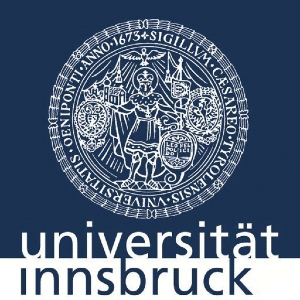


Realize your biomedical data ambitions
Curious to learn more about our services and how we can support your research needs?
Learn how others have successfully realized their ambitions with Unicle or contact us to start realizing yours

